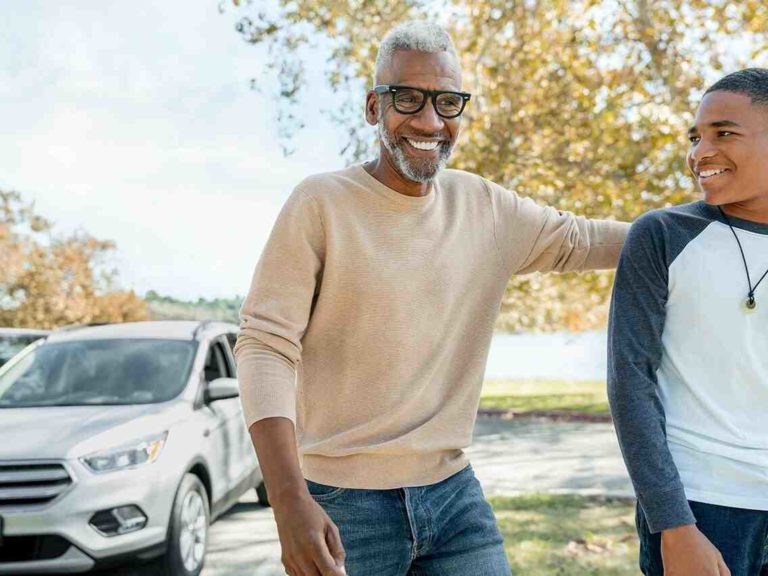Not vaccinated against Covid? It could raise your car insurance rates
Those who choose not to get vaccinated against COVID-19 may pay for it when it comes time to renew their insurance, thanks to a new study that found unvaccinated drivers were more than 70% more likely to odds of getting into a serious car accident than the average driver. So does that mean the vaccinated benefit from 5G superpowers after all? No, say the authors of the study; this is just one example of people who exhibit multiple types of risky behavior.
The study, published in The American Journal of Medicine (h/t to Fortune ) in early December, assessed the crash reports and vaccination status of more than 11 million drivers in Ontario, Canada, in from 2021. During the period studied, 6,682 people were hospitalized after being involved in serious accidents; of them, 75% (5,000) were unvaccinated. When assessed against other known conditions, the magnitude of the estimated risk (72%) was similar to the increase associated with sleep apnea, less than that associated with alcohol misuse, and greater than that associated with diabetes.
“Our data do not explore potential causes of vaccine hesitancy or risky driving,” the study authors said. “One possibility relates to a distrust of government or a belief in freedom that contributes to both vaccination preferences and increased traffic risks. Another explanation could be the misconception of everyday risks, the belief in natural protection, aversion to regulation, chronic poverty, exposure to misinformation, etc. insufficient resources or other personal beliefs Alternative factors could include political identity, negative past experiences, health literacy limited or social media that raise concerns about public health guidelines. These subjective unknowns remain topics for further research.”
In other words, skipping a shot doesn’t actually make you more likely to crash your car; it just means you’re more likely the type of person who would have crashed it anyway, which is why your auto insurance company might be interested in your vaccination status, especially if you have other things against you, including ticket history, points or other factors, such as poor credit. Being expensive to insure doesn’t mean a car is inherently unsafe; it often has as much (if not more) to do with the type of driver the car tends to attract. In actuarial science, every data point matters.
The study dispels some other widely held misconceptions, the authors said. For starters, it shows that crashes disproportionately involve people in poverty, contrary to claims that road safety is unrelated to health disparities. Even more pertinently, it contradicts claims that social distancing would lead to fewer serious traffic incidents, corroborating other reports of increased road deaths since the start of the pandemic.
But consider this: What if it’s not that drivers got worse during COVID, but that risk-takers were more likely to be on the roads during a pandemic in the first place?

